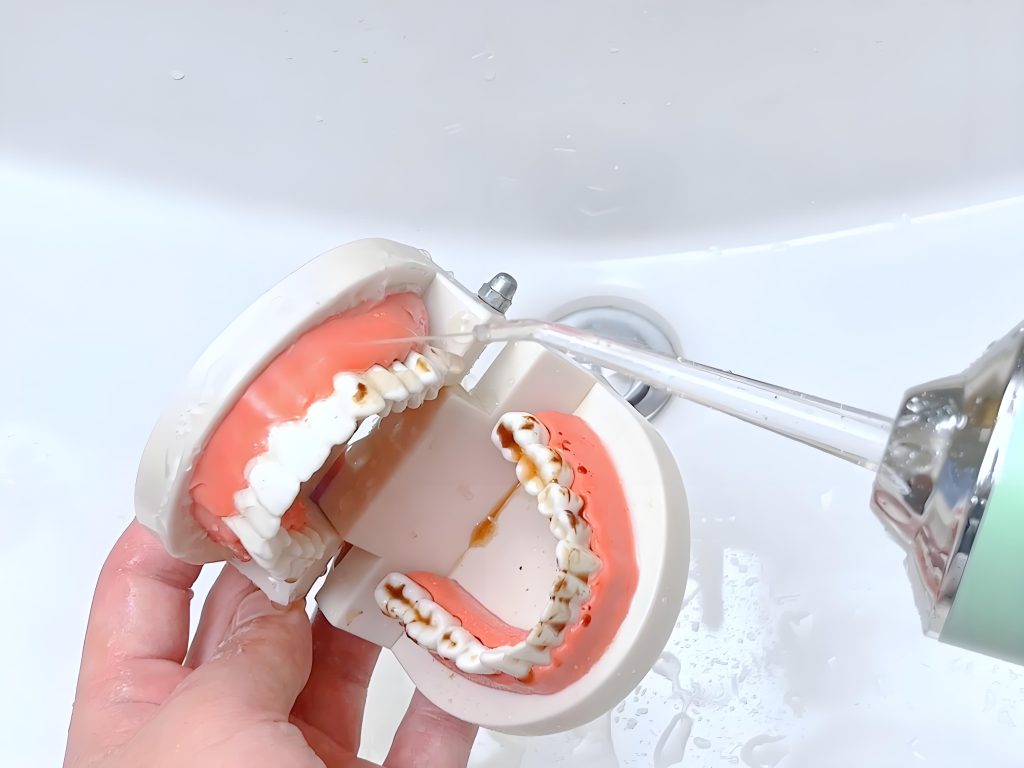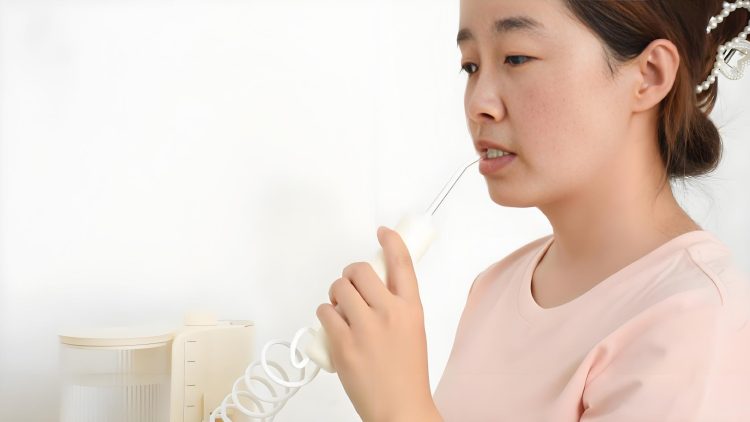As we navigate the intricacies of aging, one aspect often overlooked but crucial for overall health is oral hygiene. Maintaining good oral health isn’t just about having a bright smile or fresh breath; it’s a cornerstone of overall wellbeing, impacting nutrition, systemic health, and quality of life. For the elderly, however, the task of maintaining oral hygiene can become increasingly challenging due to physical limitations, dental changes, and cognitive decline. Fortunately, technological advancements and innovative designs have introduced a range of assistive tools tailored to meet the unique needs of older adults. This comprehensive guide explores the importance of oral hygiene for the elderly, common challenges they face, and the latest assistive tools that can make a significant difference.

The Importance of Oral Hygiene in Elderly Care
Good oral hygiene is paramount at any age, but it becomes even more critical as we age. With advancing years, the gums may become more sensitive, teeth may weaken or fall out, and oral diseases like gingivitis, periodontitis, and cavities can proliferate. Poor oral health has been linked to systemic conditions such as heart disease, diabetes, respiratory infections, and even dementia. Regular brushing and flossing help remove plaque and bacteria, reducing inflammation and the risk of infections that can exacerbate existing health issues.
Moreover, maintaining oral hygiene contributes to better nutrition by ensuring that the mouth can properly chew and taste food, promoting appetite and nutritional intake—essential for maintaining energy levels and immune function. It also fosters social interaction and self-esteem, as a clean mouth enhances speech clarity and reduces embarrassment caused by bad breath or visible dental issues.
Challenges Faced by the Elderly in Maintaining Oral Hygiene
Several factors can hinder an older adult’s ability to maintain optimal oral hygiene:
- Physical Limitations: Arthritis, reduced hand dexterity, and limited mobility can make it difficult to handle a toothbrush or floss effectively.
- Dental Changes: Tooth decay, gum recession, and the use of dentures can complicate the cleaning process.
- Cognitive Impairment: Conditions like Alzheimer’s or dementia may lead to forgetfulness about dental routines or an inability to perform them correctly.
- Visual Impairments: Decreased vision can make it hard to see areas needing attention, such as the back teeth or the spaces between teeth and gums.
- Fear or Discomfort: Past dental experiences or sensitivity can create a psychological barrier to regular oral care.
Innovative Assistive Tools for Elderly Oral Hygiene
To overcome these challenges, a variety of assistive tools have been developed, each designed to cater to specific needs and improve the accessibility and effectiveness of oral hygiene practices.
- Electric Toothbrushes with Ergonomic HandlesElectric toothbrushes, especially those with larger, easier-to-grip handles and softer bristles, are ideal for those with arthritis or reduced hand strength. Brands like Philips Sonicare and Foreo offer models with built-in timers and pressure sensors to ensure thorough and gentle cleaning. Some models even come with interchangeable heads designed for different dental needs, including those specifically for dentures.
- Interdental Brushes and Floss HoldersMaintaining the spaces between teeth and around bridges or implants is crucial. Interdental brushes of varying sizes can effectively clean these hard-to-reach areas. Floss holders, such as the ones from FlossPicks or the Reach brand, make it easier to handle and manipulate floss, reducing strain on fingers and improving precision.
- Dental Water PiksDental water flossers like the WaterPik are invaluable for those with limited manual dexterity. They use pulsating water jets to clean between teeth and under gumlines, removing food particles and plaque more effectively than traditional floss. Many models are cordless and come with multiple pressure settings, making them suitable for sensitive gums.
- Toothbrush Holders and StabilizersFor those with tremors or limited arm movement, toothbrush holders and stabilizers can provide the necessary support. Products like the Toothbrush Stabilizer by Brush-Aid attach to the bathroom wall or countertop, allowing for a more controlled brushing experience.
- Dental Mirrors with MagnificationHigh-quality dental mirrors with magnification can help individuals with visual impairments see areas that are hard to reach or inspect. These tools, often available with LED lights for better illumination, make it easier to spot plaque buildup and ensure thorough cleaning.
- Automated Denture CleanersFor denture wearers, automated cleaners like the Polident or Efferdent systems offer a convenient and effective alternative to manual soaking and brushing. These devices use ultrasonic waves or bubbling action to clean and disinfect dentures, ensuring they remain free from plaque, tartar, and bacteria.
- Reminders and Digital Health MonitorsFor those with cognitive impairments, digital health monitors and reminders can be lifesavers. Apps like BrushDJ, which sync with electric toothbrushes to play music during the recommended brushing time, or CareZone, which helps track medication and daily routines, can incorporate reminders for oral hygiene. Smart speakers like Amazon Echo or Google Home can also be programmed to issue verbal cues.
- Adaptive Toothpaste and Mouthwash DispensersSqueeze bottles or pump dispensers for toothpaste and mouthwash make it easier for those with limited hand strength to control the amount dispensed, reducing mess and waste. Products like the Arthritis-Friendly Toothpaste Dispenser by Vive are designed with wide, easy-to-squeeze bases.
Encouraging Compliance and Routine
Adopting these tools is just the first step. Encouraging compliance and establishing a routine are equally important. Involving the elderly in the selection process can boost their willingness to use the tools. Caregivers and family members should also play an active role, offering assistance as needed and modeling good oral hygiene practices. Regular dental check-ups and professional cleanings remain vital, as they provide an opportunity for early detection and treatment of any issues.
Conclusion
Maintaining oral hygiene as we age doesn’t have to be a daunting task. With the right assistive tools and a supportive environment, older adults can enjoy the benefits of good oral health, contributing to their overall wellbeing and quality of life. By embracing innovation and addressing the unique challenges faced by the elderly, we can empower them to maintain their smiles and their health, one brushstroke at a time.













































Discussion about this post